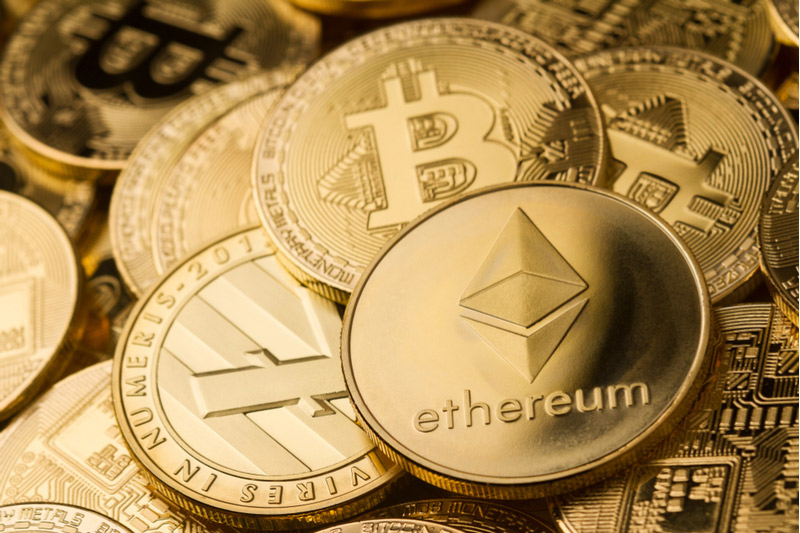U.Today - Seasoned cryptocurrency proponent and researcher, economist Raoul Pal shares his personal opinion and recommendations for all crypto traders and investors affected by the ongoing price plunge. He admits that "max fear" has come but expects all his followers to hold on.
"Violent shakeout in max fear zone": Raoul Pal on crypto collapse
Today's cryptocurrency collapse is a "violent shakeout" and a reset of risk-taking leverage, economist Raoul Pal shared in his X post. He still foresees strong upside as a main feature of the 2024-2025 period overall but warns that both a political and liquidity response might take time.The markets have already entered the "max fear" zone, he admitted. In just one week, the Crypto Fear and Greed Index plummeted from 74/100 to today's level of 26/100, which is an upper level for the "Fear" zone.
As such, during periods like this, it is essential to hold on and zoom out. In some regards, what is happening today is natural for bullish phases of crypto markets, the economist says:
At the end of the day, this dump being nothing but "nasty flush out" looks probabilistic to Pal.
Today, in the early morning hours, the Bitcoin (BTC) price dumped below $49,500 to the lowest since amid-February. The aggregated amount of liquidations exceeded $1.22 billion in equivalent.
No leverage, no FOMO, no noise
As a conclusion to his post, Pal shared some rules for surviving such events with minimal damage. First of all, he recommends avoiding falling victim to FOMO and using leverage on futures positions.Instead, a proper trader should focus on his/her basket with 3-5 assets maximum, while a "degen" (high-risk) allocation should be reduced to 10%.
Then, as the possibility of attacks surges, Pal recommends only using self-custody or even multi-signature on-chain wallets for operations with cryptocurrency.
Instead of trying to outsmart the market by "catching the knives," the economist recommends considering a HODL strategy. Personally, he announced that he is not selling anyting and says that adding to long-term holdings might be a smart bet amid the dip.
